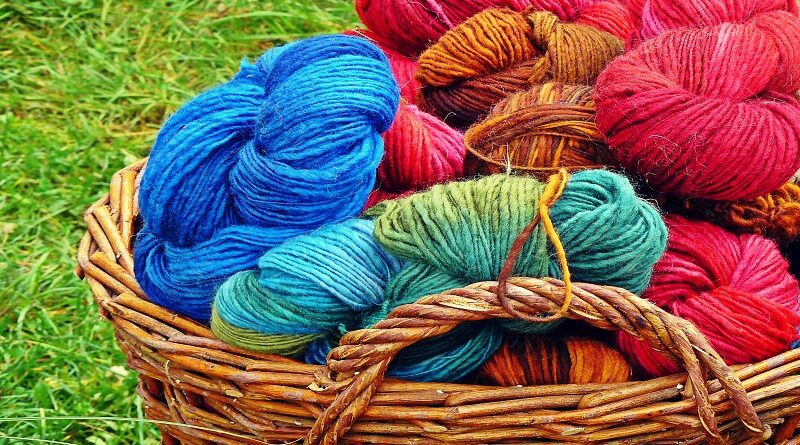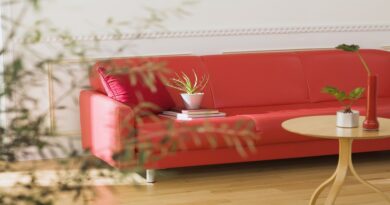Postgraduate courses in Knitwear Design
Have you a love and passion for fashion? Do you want to specialise in knitwear design and go on to set up your own label and be your own boss?
Luckily for you, there are courses on offer that can help guide you in the right direction. We have some information and give you a taste of what is involved to help you decide if this is for you!
What does a knitwear designer do?
Knitwear designers plan and produce items of clothing and other items and accessories from a range of wools and yarns. They generally oversee and direct the production of the products they have designed. As a knitwear designer, you may work for a large commercial company or even work for yourself running your own label and company. In this position it is possible you may work up to 42 hours a week. Typical activities carried out in this role include:
- Produce designs and products
- Come up with new ideas
- Have a strong knowledge of wool, yarns and other materials you will use
- Apply your knowledge of materials to produce specific designs
- Use different equipment to create products
- Use specialist PC software
- Work alongside colleagues, suppliers, shops and outlets
- Provide clothing or products for individuals and meet their requirements
Courses
There are many courses on offer in the area across the UK. Some courses offer the opportunity to study either part time or full time. Universities may have certain restrictions in place due to Covid-19 and may offer courses online. The majority of courses available under this heading are related to landscaping. There are a number of courses available in landscaping of specific areas. Courses available include:
Fashion Knitwear Design
Postgraduate courses in Fashion Knitwear Design will give students the opportunity to develop a forward thinking and challenging approach to design and encourage them to experiment with their ideas and take new directions in fashion knitwear. Students will also develop all their skills and knowledge in the area through lectures, workshops, tutorials, seminars and studio practice. Key topics include fashion, textiles and knitwear as well as looking at computer aided design among many other key focuses.
MA Fashion (Knitwear for Fashion)
Those who take a course in this area will have the opportunity to develop their imagination and creative identity. You will enhance your existing expertise in order to prepare you to go out and work in the industry to have a successful career. There are four pathways you can study in this course including menswear, womenswear, knitwear for fashion and textiles for fashion. Students will be given the opportunity to focus on the area that most appeals to them and specialise in that area. Modules include rationale, research and design development, 3D realisation and portfolio and diagnostic programme which helps you to identify your own abilities.
There is also a course available in Knitwear (Design, Heritage and Production).
Entry requirements
Entry requirements may differ from course to course or university to university. Therefore, it is important to research your specific course in detail to ensure you meet the entry requirements. As these courses are postgraduate courses, you will need a bachelor’s degree. Some courses may accept a 2.2 degree while others will require a 2.1.
Salary
Your salary will be dependent on your specific employment – are you self employed or working within a company? Your location and experience may also play a role in your salary. It is believed that the average salary of a knitwear designer in the UK is around £30,500. Henry level positions are typically closer to £21,000 and will increase with experience. Some knitwear designers may earn in excess of £50,000 annually. This may vary if you are self employed. All figures are based on estimates and are intended to be used as a guide only.
Skills and requirements
Skills and requirements helpful in this area include:
- Creativity
- Knowledge of wools, yarns and how to use them
- A strong business sense
- Excellent communication skills
- Artistic ability
- Ability to work well with others
- A good sense of style and fashion
- Competitive spirit
- Sewing skills
- A knowledge of the industry
- Ability to keep up with fashion trends
- Computer and software skills
- Attention to detail




